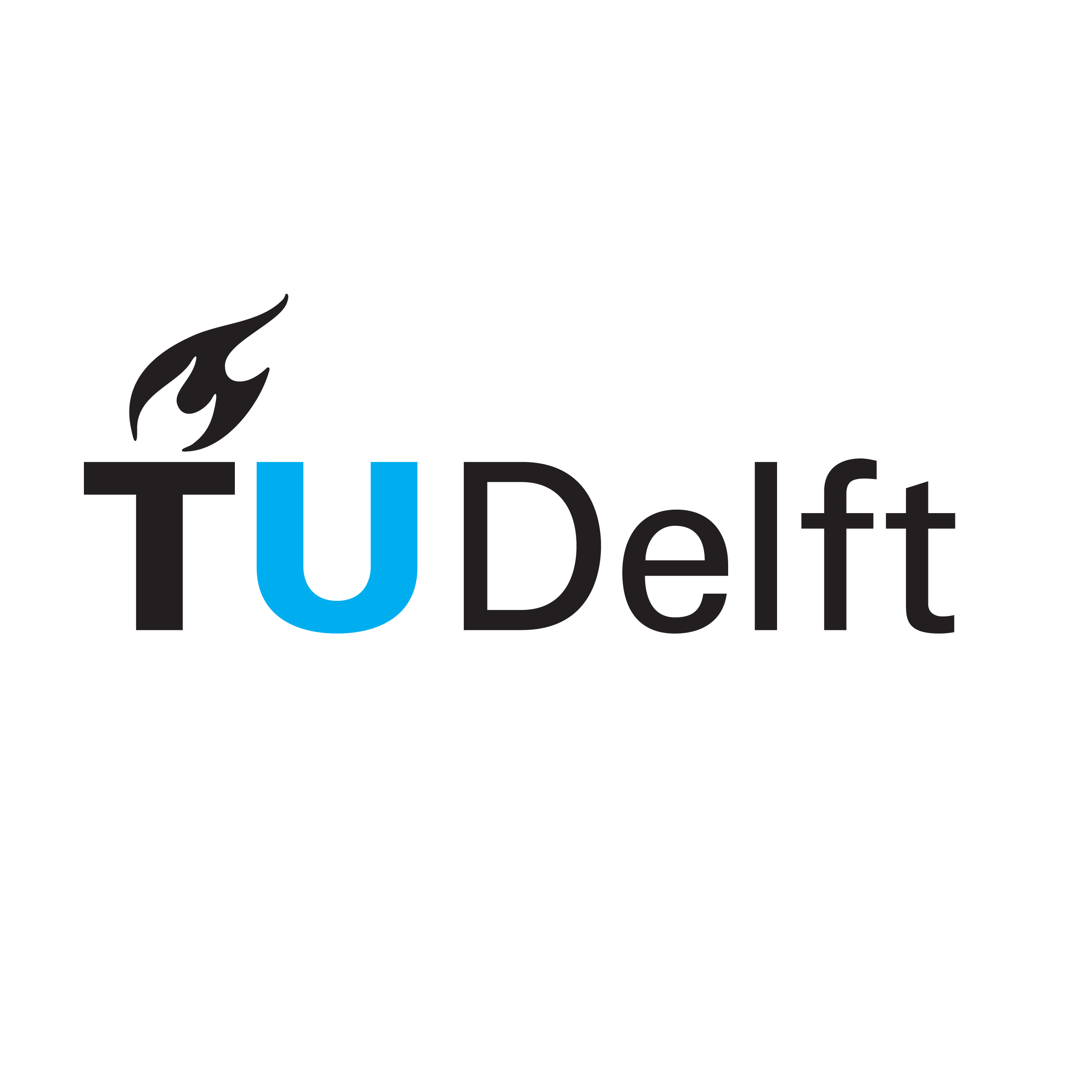When ‘doing ethics’ meets public procurement of smart city technology
City governments increasingly experiment with civic participation in the procurement and the realization of smart city technologies. A recent case study in Amsterdam sheds light on a unique approach to procuring an ethical camera car and data collection is unfolding in this city.

The published paper, featuring one of our affiliated researchers Mike de Kreek, among others outlines a model that assesses the complexity of city experiments based on factors such as participation, continuity, and institutional integration. Also, a team of design experts collaborated to identify tender-relevant requirements. The researchers find that Amsterdam paves the way in responsible smart city technology procurement.
Curious how Amsterdam successfully blends ‘doing ethics’ with procurement, providing valuable insights for similar initiatives and future research?
The research shows that once a municipality accepts that safeguarding human values is part of each phase of a scan cars life cycle, procurement 'as usual' does not work any longer. With this case we show how the applied procurement approach prepares for doing ethics during a co-design process in which roles, relations, responsibilities of all stakeholders start shifting, including the language used”
— Mike de Kreek, Researcher and lecturer Qualitative Research Designs, Amsterdam University of Applied Sciences (HVA)








